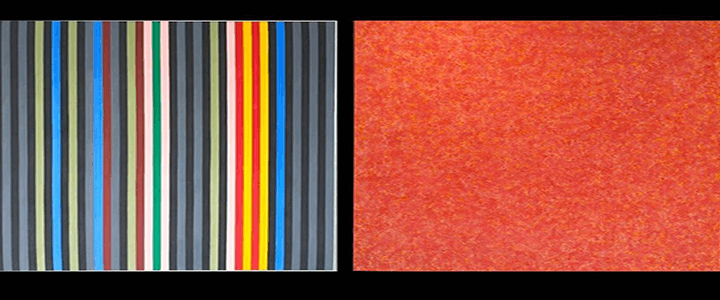Leaks, leaking, and leakers are lately demonized in the media. Rightly so. But we shouldn’t miss that the threat of leakers leaking is largely responsible for the intelligence community’s superior modern cryptography—and, by extension, superior crypto-cracking. Here are a few facts of early American history that may put today’s internal crosses and double-crosses in some context.
FATHER OF LEAKS
Leaks are an American tradition. You might call Ben Franklin the “Father of American Leaking.” Franklin’s practices eventually led to future leaks of “compromising documents . . . from the offices of colonial governors in New York, Maryland, Virginia, and North Carolina” that historians credit, in part, with sparking the American Revolution. Franklin developed his penchant for leaking while an employee of the King’s post office in Boston. In that capacity and in the wake of the Boston Massacre, he took advantage of his access to private correspondence to leak Massachusetts Governor Thomas Hutchinson’s anti-colonial sentiments. “Hutchinson,” The Atlantic’s Rachel Doyle reports, “said that colonial Americans were owed only a fraction of the rights English citizens could expect.”
FATHER OF CRYPTO
If there are secrets, there are leaks. And if there are secrets and leaks, then cryptography is the natural follow-on for those wishing to pass sensitive messages without compromise. Thomas Jefferson’s the “Father of American Cryptography,” Jefferson was crypto king. His practice of the secret art wasn’t just about national security. Jefferson applied his talent to love notes that were passed between friends. Doyle reports that “by early 1764, Jefferson, then 20 years old, was writing letters in code. . . . Latin phrases in the middle of what sound like emotional ultimatums about an upcoming contractual agreement with some man, whose name is written in Greek characters.” Turns out Jefferson’s αδνιλεβ was “an anagram for Rebecca Burwell, a 17-year-old from Yorktown he wanted to marry.” Which leaves me wondering if he concluded his notes, “Do you want to go with me? Yes, No, Maybe? WB.”
According to Doyle, “The Founding Fathers continued to rely on encryption throughout their careers: George Washington, Benjamin Franklin, Alexander Hamilton, John Adams, John Jay, and James Madison all made ample use of codes and ciphers to keep their communiqués from falling into the wrong hands.” And as long as there’s encryption, there’s going to be hacking. The two go hand-in-hand, keeping each other honest, as it were.
INDECIPHERABLE declarations
It’s a little more than ironic that all the leaks and encryption in response produced some pretty indecipherable codes that continue to evolve, continue to be cracked and hacked, and continue to shape both American politics and international affairs, especially given this little gem. One code only recently cracked encrypted a secret message to Jefferson from his mathematician and code-writing friend Thomas Patterson. “It turns out, an encoded block of text that Patterson sent to Jefferson in 1801 as an example of an unbreakable code,” writes Doyle, “was the Declaration of Independence.”



